Cette mesure permettra d'améliorer la connaissance et d'adopter des mesures de gestion de la ressource halieutique plus adaptées. Le Parc naturel marin du Cap Corse et de l'Agriate est engagé dans une démarche similaire avec les services déconcentrés de l'Etat en Corse, le projet de rédaction de l'arrêté est en phase de finalisation avant mise en ligne pour consultation publique.
Research and publish the best content.
Get Started for FREE
Sign up with Facebook Sign up with X
I don't have a Facebook or a X account
Already have an account: Login
Revue de presse et du net par le Pôle de partage des connaissances S&T de l'Office français de la biodiversité
Curated by
DocBiodiv
 Your new post is loading... Your new post is loading...
 Your new post is loading... Your new post is loading...
|
|




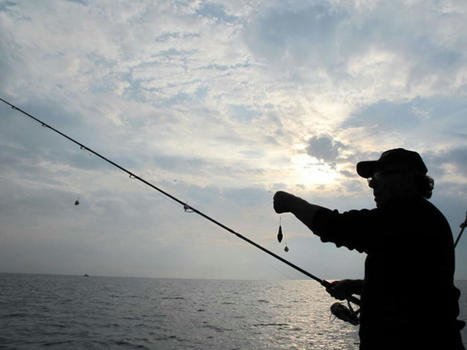

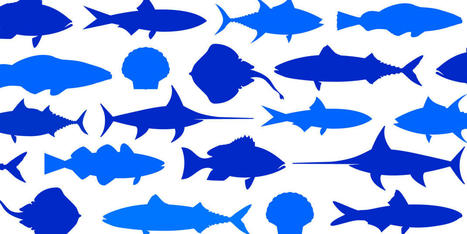

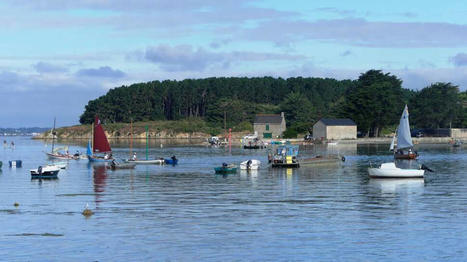
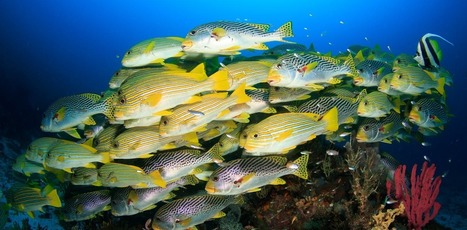
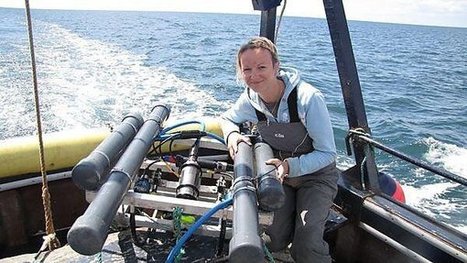

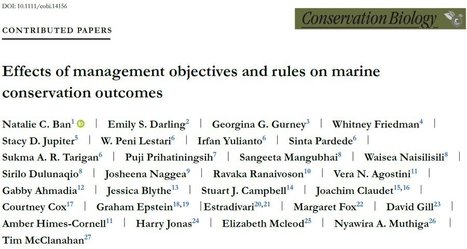

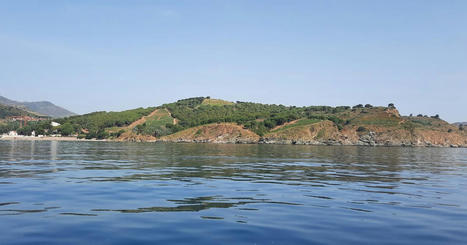
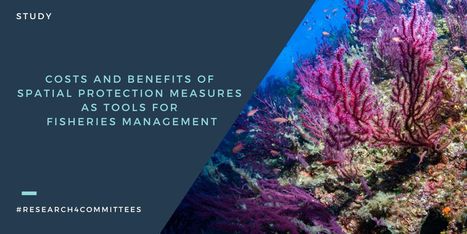







Consultez le dossier de presse